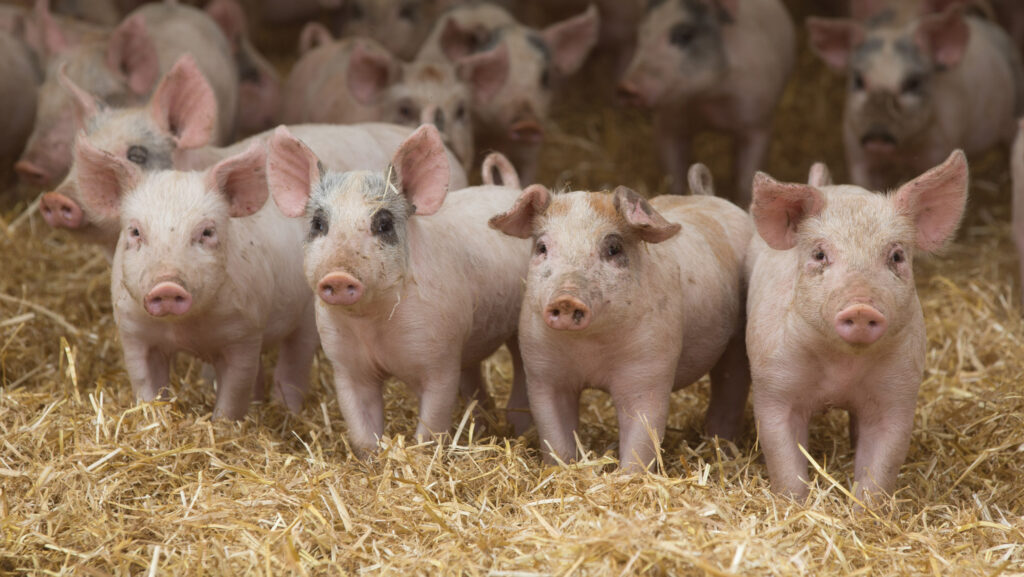Pig producers’ views wanted for zinc oxide study
 © Tim Scrivener
© Tim Scrivener Pig farmers are invited to give their views on the impact of the forthcoming withdrawal of zinc oxide from weaner diets as part of a new study.
The inclusion of zinc oxide in pig diets has been a bone of contention in recent years, with its environmental impact deemed to outweigh its potential benefits for controlling post-weaning diarrhoea.
This led to the withdrawal of the regulatory authorisation for use of zinc oxide in feed above standard nutritional levels of 150ppm from June this year.
See also: 5 zinc oxide alternatives for pigs compared
A new study, led by the Roslin Institute – alongside Queen’s University Belfast, Napier University, the Animal and Plant Health Agency, Scotland’s Rural College (SRUC), the University of Surrey, and industrial partner AB Agri – will look at the consequences of the withdrawal.
Presenting the launch of the research at the recent Pig & Poultry Fair, the team from SRUC said the study has four key aims:
- Determine the consequences of the zinc oxide ban on post-weaning diarrhoea, pathogen carriage and antimicrobial resistance (AMR) in commercial pig herds across the UK
- Study the impacts of zinc oxide on the gut microbiome from weaning to finishing
- Examine antimicrobial resistance genes spread between bacteria under conditions of high and low zinc oxide feed, across the pig’s life stages
- Engage with producers and wider stakeholders.
To understand the implications of the ban at a farm level, the research team is calling for producers to give their views in an anonymous online study.
The findings from this will be combined with data from 24 participating commercial pig herds, and the team says collecting this information change will allow the implications of the ban to be explored in real time.
Disease prevention
“To date, over 1,500 pen faecal samples have been collected from the participating herds,” explains Dr Deborah Hoyle, vet and microbial epidemiologist based at the Roslin Institute.
“This research will identify the current pathogen strains causing disease in study herds, which will be of benefit to vaccine preventative strategies.
“The project also seeks to enhance our knowledge of changes in the gut microbiome when exposed to zinc, with the goal of promoting improved outcomes during and after piglet weaning.”
Antimicrobial resistance is a further focus of the project because heavy metals such as zinc are known to help transport multiple drug-resistant bacteria, says Deborah.
“A key focus is, therefore, to track the levels and types of AMR observed in the herds – before and after zinc withdrawal, and across different age groups – to see if, and how, these might change over the transitional period.”
Survey deadline
The research is part of a £1.3m funding award from the Biotechnology and Biological Sciences Research Council, and the survey is open to all producers rearing weaned pigs until midday on 28 June 2024.
